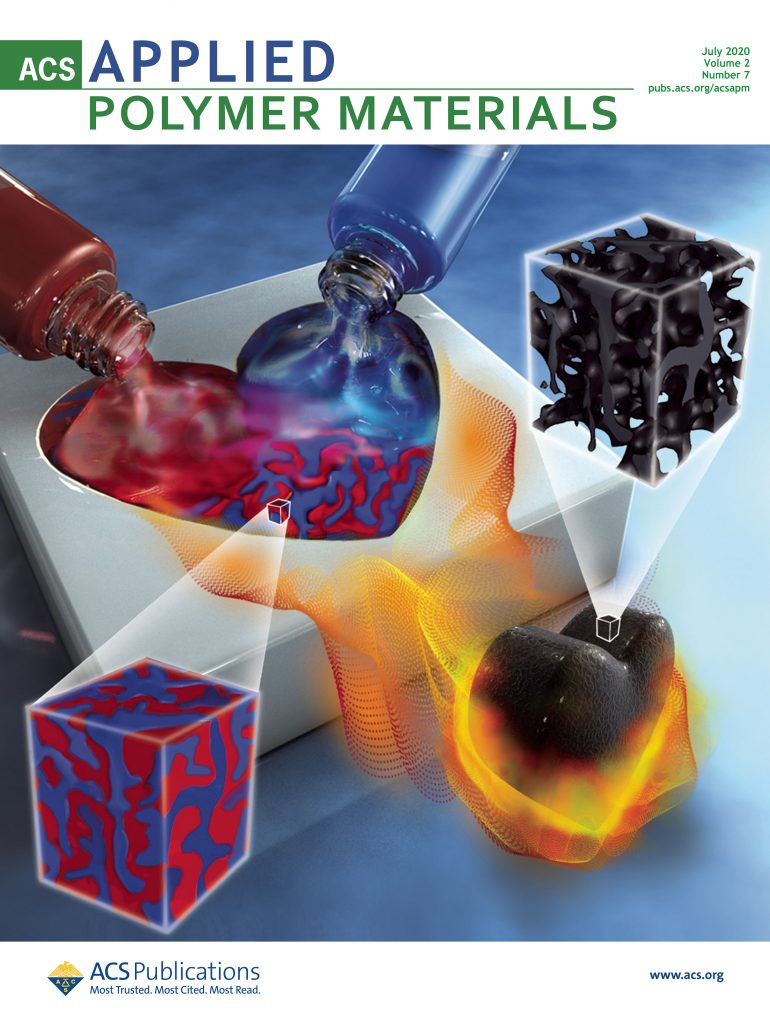Incremental Data Drifting: Evaluation Metrics, Data Generation, and Approach Comparison
IF 4.4
2区 化学
Q2 MATERIALS SCIENCE, MULTIDISCIPLINARY
引用次数: 0
Abstract
Incremental data drifting is a common problem when employing a machine-learning model in industrial applications. The underlying data distribution evolves gradually, e.g., users change their buying preferences on an E-commerce website over time. The problem needs to be addressed to obtain high performance. Right now, studies regarding incremental data drifting suffer from several issues. For one thing, there is a lack of clear-defined incremental drift datasets for examination. Existing efforts use either collected real datasets or synthetic datasets that show two obvious limitations. One is in particular when and of which type of drifts the distribution undergoes is unknown, and the other is that a simple synthesized dataset cannot reflect the complex representation we would normally face in the real world. For another, there lacks of a well-defined protocol to evaluate a learner’s knowledge transfer capability on an incremental drift dataset. To provide a holistic discussion on these issues, we create approaches to generate datasets with specific drift types, and define a novel protocol for evaluation. Besides, we investigate recent advances in the transfer learning field, including Domain Adaptation and Lifelong Learning, and examine how they perform in the presence of incremental data drifting. The results unfold the relationships among drift types, knowledge preservation, and learning approaches.增量数据漂移:评估指标、数据生成和方法比较
在工业应用中使用机器学习模型时,增量数据漂移是一个常见问题。底层数据分布会逐渐变化,例如,用户在电子商务网站上的购买偏好会随着时间的推移而改变。要想获得高性能,就必须解决这个问题。目前,有关增量数据漂移的研究存在几个问题。首先,缺乏明确定义的增量漂移数据集来进行研究。现有的研究要么使用收集的真实数据集,要么使用合成数据集,这两种数据集都有两个明显的局限性。一个是分布何时发生漂移以及发生哪种漂移尚不可知,另一个是简单的合成数据集无法反映我们在现实世界中通常会遇到的复杂情况。此外,还缺乏一个定义明确的协议来评估学习者在增量漂移数据集上的知识迁移能力。为了对这些问题进行全面讨论,我们创建了生成特定漂移类型数据集的方法,并定义了新颖的评估协议。此外,我们还研究了迁移学习领域的最新进展,包括领域适应和终身学习,并考察了它们在增量数据漂移情况下的表现。研究结果揭示了漂移类型、知识保存和学习方法之间的关系。
本文章由计算机程序翻译,如有差异,请以英文原文为准。
求助全文
约1分钟内获得全文
求助全文
来源期刊

ACS Applied Polymer Materials
Multiple-
CiteScore
7.20
自引率
6.00%
发文量
810
期刊介绍:
ACS Applied Polymer Materials is an interdisciplinary journal publishing original research covering all aspects of engineering, chemistry, physics, and biology relevant to applications of polymers.
The journal is devoted to reports of new and original experimental and theoretical research of an applied nature that integrates fundamental knowledge in the areas of materials, engineering, physics, bioscience, polymer science and chemistry into important polymer applications. The journal is specifically interested in work that addresses relationships among structure, processing, morphology, chemistry, properties, and function as well as work that provide insights into mechanisms critical to the performance of the polymer for applications.
 求助内容:
求助内容: 应助结果提醒方式:
应助结果提醒方式:


